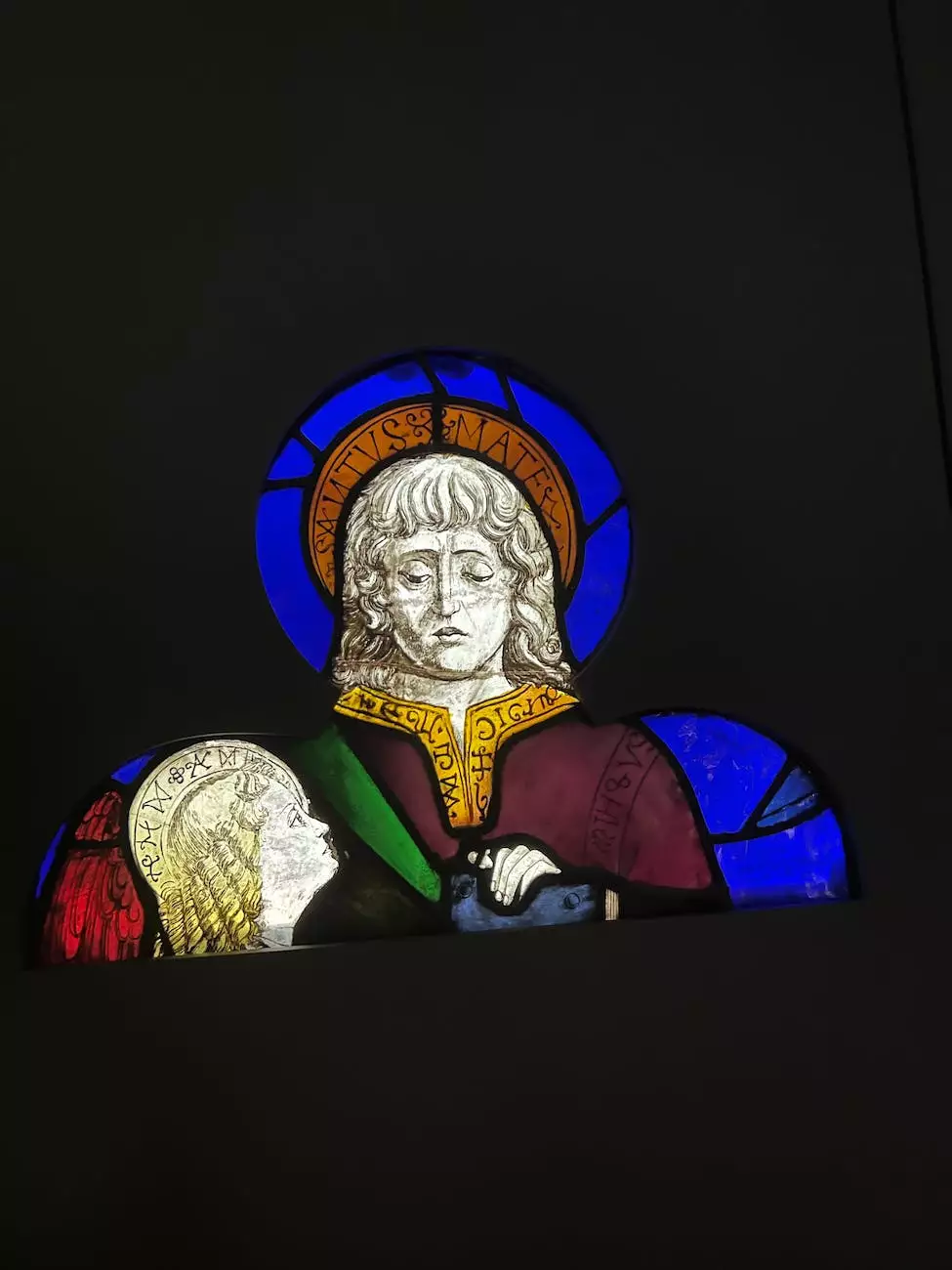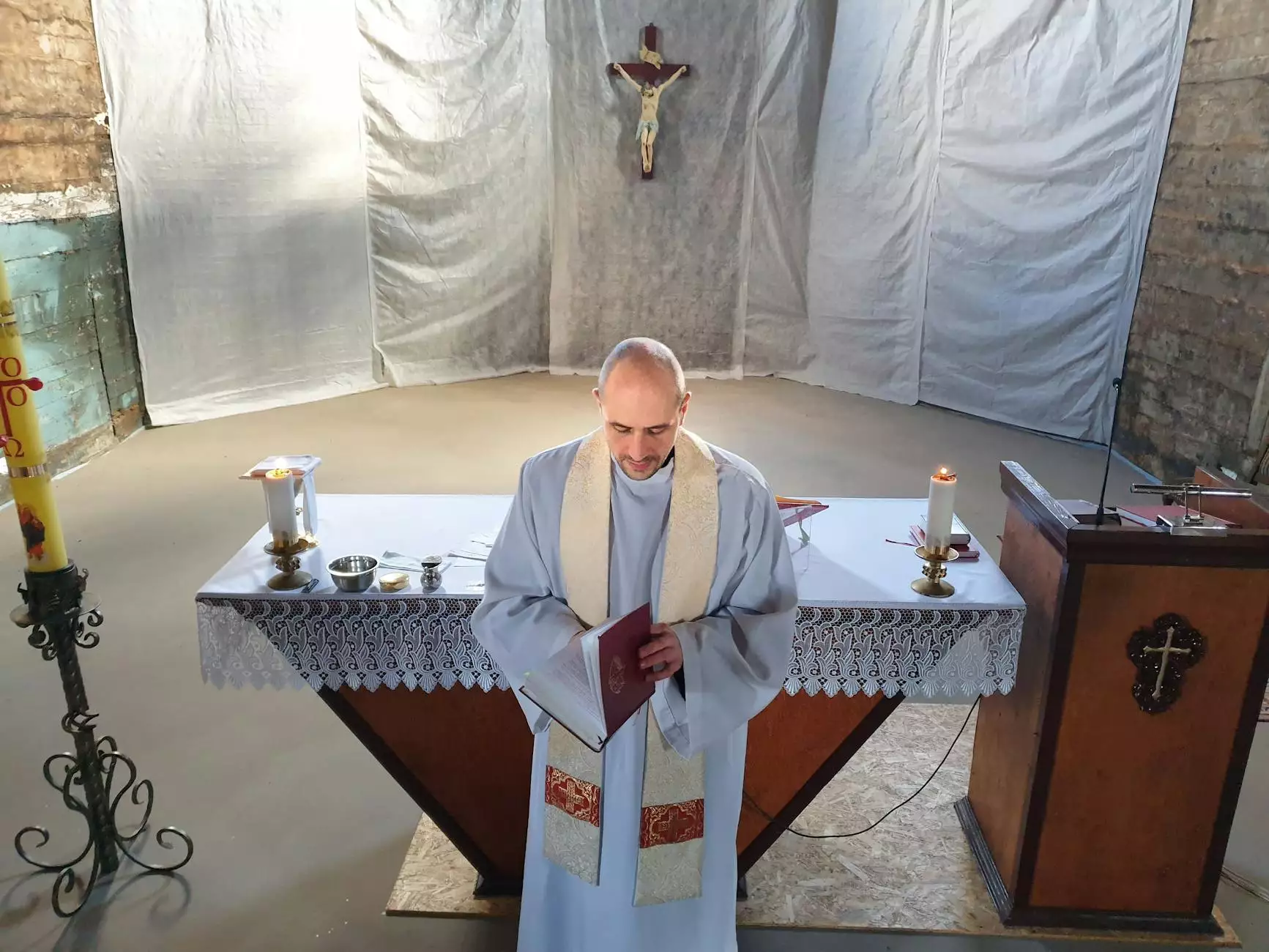If Jesus is the Jewish Messiah, Shouldn't all Jewish People Believe Him
Blog
Welcome to Reno Remnant Church's blog, where we dive deep into thought-provoking topics and explore the essence of faith and beliefs. In this article, we delve into the significance of Jesus as the Jewish Messiah and the reasons why not all Jewish people believe in Him.
The Jewish Messiah and its Importance
Throughout history, the concept of the Jewish Messiah has been central to Jewish faith and culture. The long-awaited Messiah is believed to be the chosen one who will bring salvation and redemption to the Jewish people. Many prophecies in the Hebrew Bible, commonly known as the Old Testament, foretold the coming of the Messiah.
One of the most significant prophecies is found in the book of Isaiah, chapter 9 verse 6: "For to us a child is born, to us, a son is given; and the government shall be upon his shoulder, and his name shall be called Wonderful Counselor, Mighty God, Everlasting Father, Prince of Peace." This verse, among others, speaks of a divine figure who will establish peace and rule with justice.
Is Jesus the Jewish Messiah?
For Christians, the answer is clear. They believe that Jesus of Nazareth, born to the Virgin Mary in Bethlehem, fulfills the prophecies of the Jewish Messiah. The life, teachings, death, and resurrection of Jesus form the foundation of the Christian faith.
However, for many Jewish individuals, the Messiah has not yet come. They interpret the prophecies differently or may have different expectations regarding the Messiah's role. It is essential to respect and understand these diverse interpretations within the Jewish community.
Reasons for the Divergence of Beliefs
There are several reasons why not all Jewish people believe that Jesus is the Jewish Messiah:
1. Different Interpretations of Messianic Prophecies
Messianic prophecies can be subject to divergent interpretations, resulting in contrasting views regarding Jesus' Messianic identity. Jewish scholars often approach these prophecies from a historical and textual context, seeking to understand them within the framework of Jewish tradition.
2. Historical Context of Jesus' Time
Jesus' ministry occurred during a tumultuous period in Jewish history under Roman rule. Some argue that the Messiah was expected to be a political figure who would liberate the Jewish people from Roman oppression. Jesus' teachings focused more on spiritual matters and personal transformation, which created a dissonance with these expectations.
3. The Role of a Suffering Messiah
Another point of contention is the concept of a suffering Messiah. In Christian belief, Jesus' sacrificial death and subsequent resurrection fulfill the role of a suffering Messiah who takes away the sins of the world. However, many Jewish interpretations of the Messiah emphasize a victorious and triumphant figure who ushers in a new era of peace and justice without requiring a sacrificial act.
4. Historical Context of Christian-Jewish Relations
The complex history of Christian-Jewish relations has also influenced the perception of Jesus as the Jewish Messiah. Centuries of persecution, forced conversions, and theological disagreements have strained relations between the two communities, making it challenging for some Jewish individuals to consider Jesus as their awaited Messiah.
Exploring Faith and Beliefs at Reno Remnant Church
At Reno Remnant Church, we embrace open dialogue and understanding between different faiths and beliefs. We acknowledge the diversity of interpretations within the Jewish community and seek to foster respectful conversations centered around the significance of Jesus as the Jewish Messiah.
Our community of believers is committed to deepening their understanding of various religious traditions, including Judaism, to build bridges and promote unity. We welcome individuals from all backgrounds to join us on this journey of exploration and growth.
Conclusion
The belief in Jesus as the Jewish Messiah is a complex and multifaceted topic within both the Jewish and Christian communities. While Christians find their faith rooted in Jesus' Messianic identity, various factors contribute to the diversity of Jewish perspectives on this matter.
At Reno Remnant Church, we strive to cultivate an environment of empathy, understanding, and curiosity, where individuals can explore their own faith and engage in respectful conversations with others. Join us as we continue to deepen our understanding of Jesus as the Jewish Messiah and foster connections among diverse faith communities.




